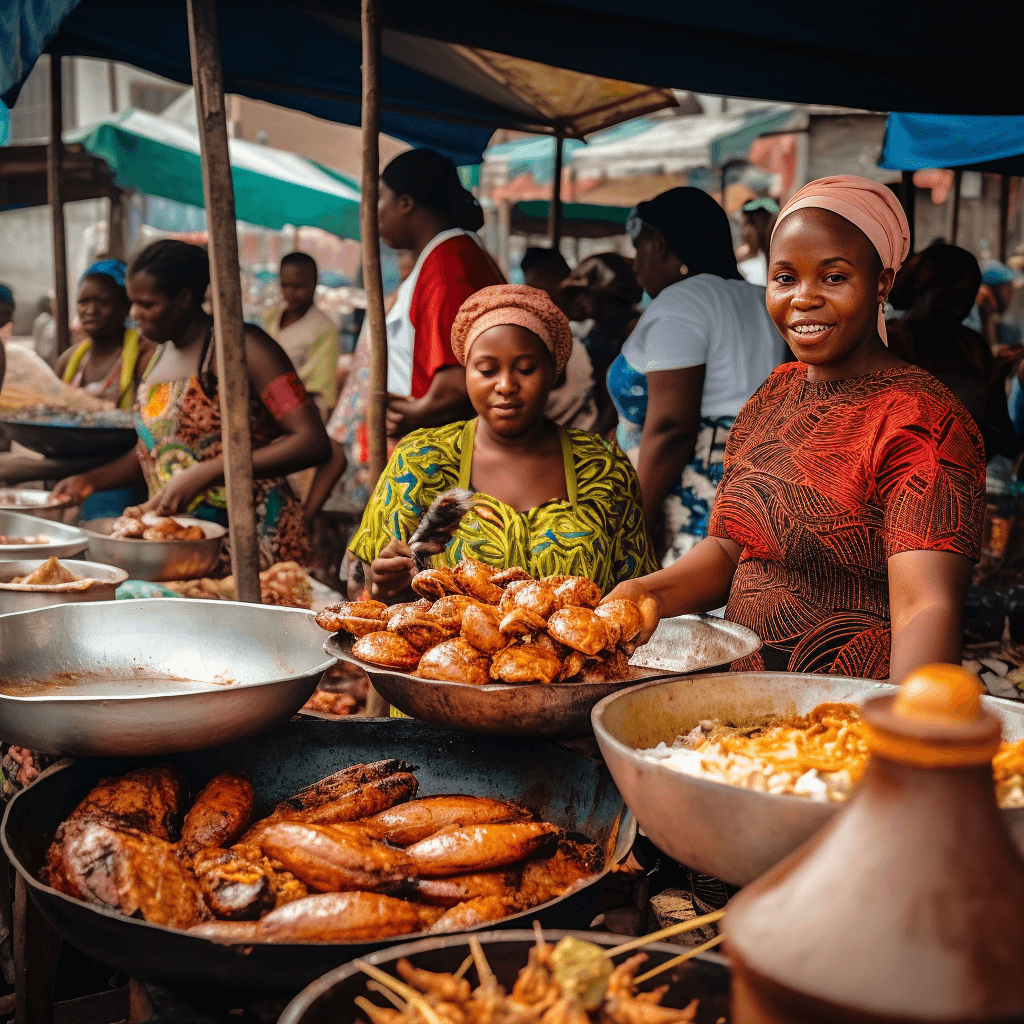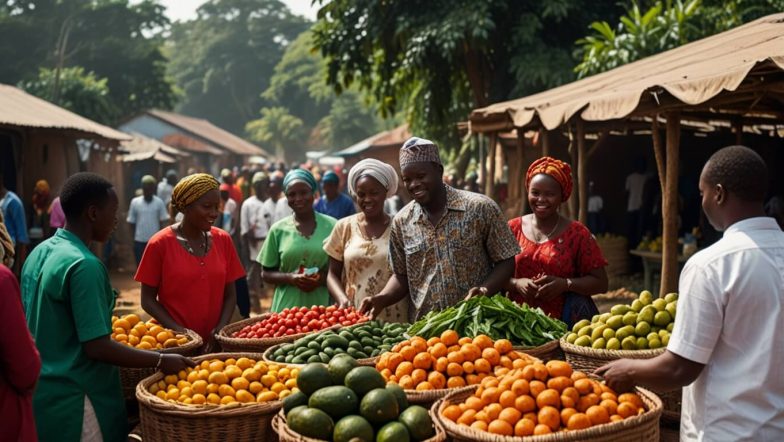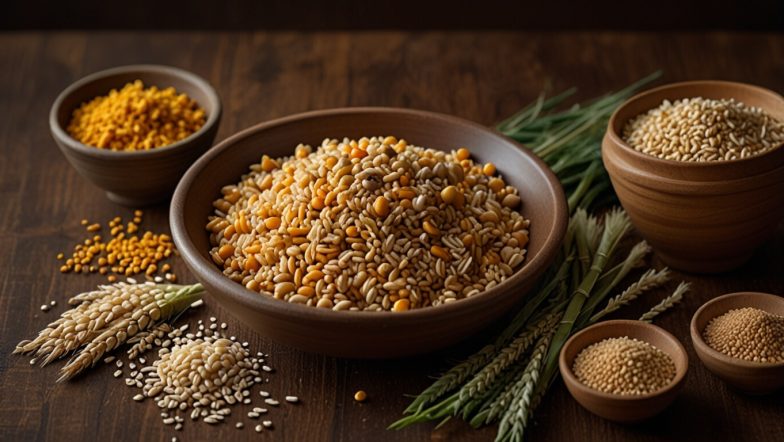Introduction:
In Nigeria, the country’s food scene is a reflection of its financial status, influenced by its economic landscape. In this post, we will explore how Nigeria’s diverse food culture adapts to economic challenges, and how it continues to tantalize taste buds even amidst financial uncertainty:
The Culinary Resilience of Nigeria:
Nigerians are known for their culinary resilience. The nation’s rich food heritage and the resourcefulness of its people have allowed traditional dishes to not only survive but thrive in the face of economic challenges. Nigerian cuisine remains a source of pride and unity.
Innovative Food Entrepreneurship:
Nigeria’s food entrepreneurs are demonstrating remarkable adaptability. From street food vendors to gourmet chefs, these individuals are using creativity to develop cost-effective and high-quality food options. They embrace technology, delivery services, and pop-up markets to reach a wider audience.
Local and International Flavors Collide:
The fusion of local and international cuisines has created exciting and affordable dining experiences in Nigeria. From jollof rice with a twist to street food with global influences, this trend reflects the cosmopolitan nature of Nigerian food culture.
Adapting Restaurant Dynamics:
Restaurants and eateries are adapting to the changing economic landscape. They offer flexible dining options, such as budget-friendly menus, takeout services, and collaborations with local farmers to ensure a constant supply of fresh ingredients.
The Role of Food in Nigerian Society:
Food plays a significant role in Nigerian society, from celebrations to daily life. The resilience and adaptability of the food scene are a testament to the cultural importance of food. It provides comfort, brings people together, and reflects the nation’s ability to adapt and thrive.
Conclusion:
In conclusion, Nigeria’s food scene remains vibrant even in the face of economic challenges due to these factors above. It’s also why it continues to be a source of pride, unity, and enjoyment for Nigerians.







Leave a comment